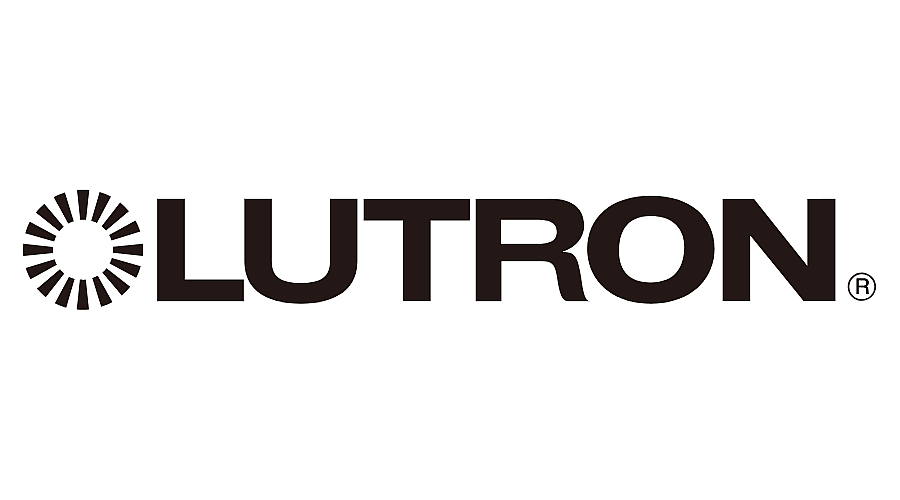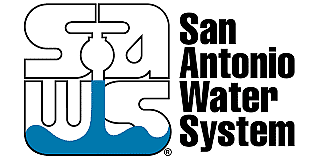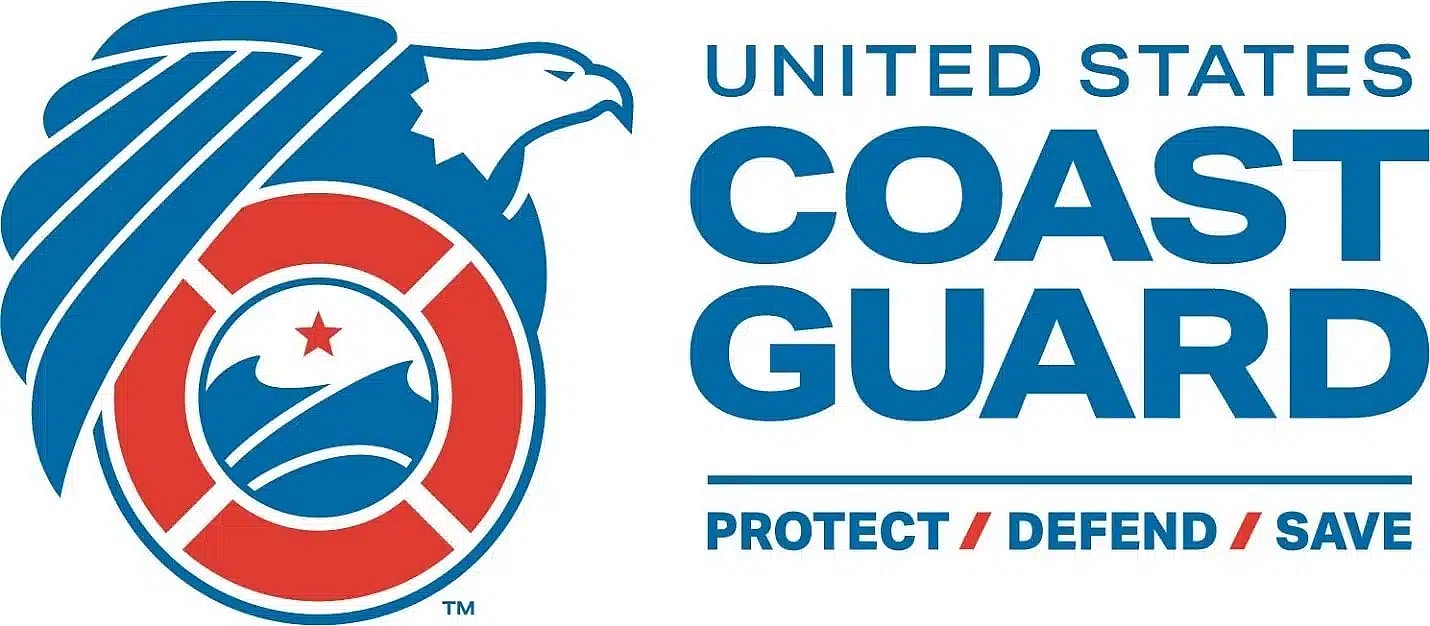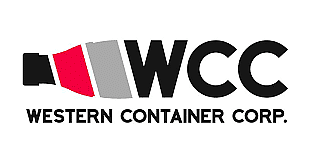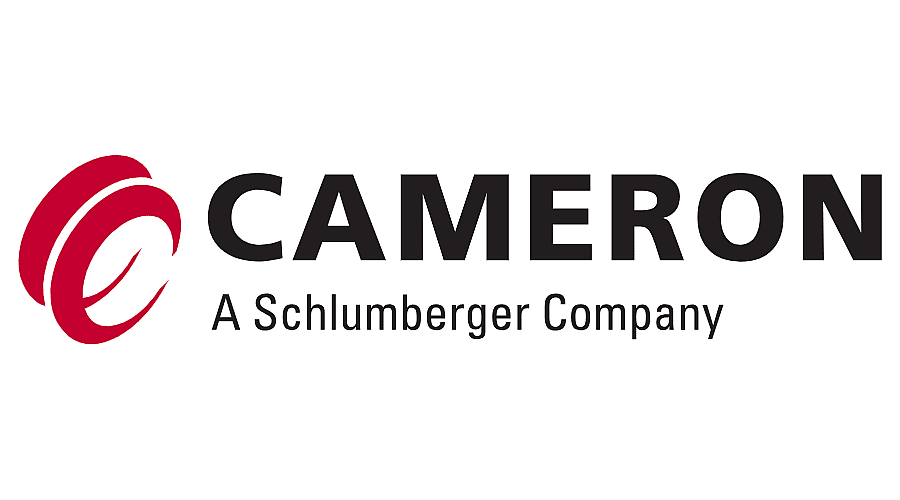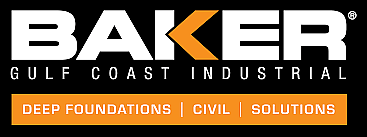The Difference Between ACVG and DCVG Surveys
With each building you invest in, you must consider their overall safety. There are several different processes to assess the integrity of your company’s building, two of the most popular being alternating current voltage gradient (ACVG) surveys and direct current voltage gradient (DCVG) surveys. Both surveys inspect the condition of buried pipelines’ coating, checking for any protective coating and structural element flaws. Dreiym Engineering, PLLC, reviews the difference between ACVG and DCVG surveys to help you determine which is best for your infrastructure.
The Importance of ACVG and DCVG Surveys
Protective pipeline coating is susceptible to wearing over time. Aging metal, environmental factors, and more can all cause flaws, otherwise known as “holidays,” in your pipeline system. If a pipeline flaw is neglected for long enough, it could cause a detrimental leak or explosion.
ACVG and DCVG surveys detect holiday locations in your pipeline system. Engineers gather this information to determine which aspects of your infrastructure need replacement or repair. These type of surveys can be conducted with other cathodic protection surveys to detect and address corrosion issues before they result in damage to your infrastructure.
Alternating Current Voltage Gradient (ACVG) Surveys
A voltage gradient reflects the inconsistencies in electrical potential across a distance or space and is used to determine the location of faults in your pipeline systems. In ACVG surveys, professionals apply an alternating current signal to the pipeline.
The alternating current signal will expose the voltage gradient of the pipeline, indicating where there are discrepancies (and potential infrastructure hazards) in your system. With ACVG surveys, surveyors will locate the voltage gradient at the location of a coating defect.
Direct Current Voltage Gradient (DCVG) Surveys
Direct current voltage gradient surveys are also an effective way to measure the quality of your pipeline’s protective coating. The difference between ACVG and DCVG surveys is that DCVG surveys utilize a direct current signal instead of an alternating one.
The direct current signal is applied to the pipeline, creating a voltage gradient in the soil above the pipeline. A voltage gradient will appear due to current pickup and discharge throughout the pipeline system, measured between calibrated reference electrodes on both sides of the survey space.
Dreiym Engineering is an electrical engineering consulting company that specializes in a variety of electrical, corrosion, and forensic services. We offer both ACVG and DCVG surveys to help protect the safety and well-being of your employees, your infrastructure, and your brand’s reputation. Without proper structure assessment, you’re much more likely to overlook red flags in your pipeline system. Avoid harming employees and exacerbating building issues by contacting us for a meticulous ACVG or DCVG survey today.

















